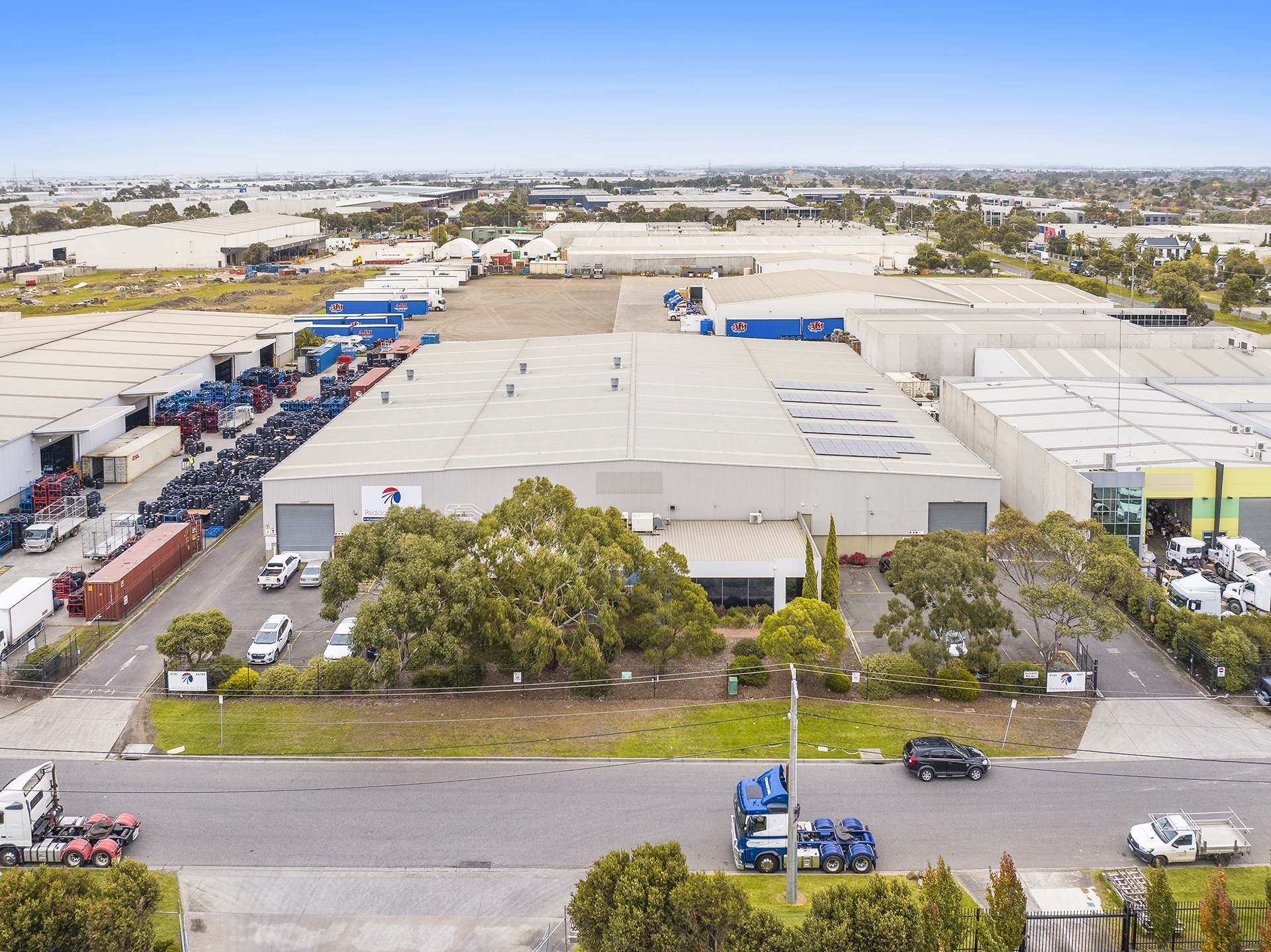Budget set to provide boost for real estate sector
Government pledges increased investment in manufacturing, infrastructure, housing and business amid economic downturn
The government’s latest budget is committing support and investment incentives to mitigate the economic impact of COVID-19 in moves that are likely to bolster the real estate sector.
The announcement Tuesday night promised additional infrastructure investment and the expansion of a scheme that allows first-time home buyers to enter the market with a deposit as low as 5 percent.
Amid billions of dollars of stimulus, Treasurer Josh Frydenberg is allocating A$1.5 billion to the manufacturing sector, $1.3 billion of which will be put towards specific industries where Australia has a competitive advantage.
The funding comes as some companies are looking to re-shore part of their operations after the pandemic exposed some of the limitations of offshore supply chains.
“The government’s manufacturing plan, with its focus on six industries: food and beverage, resources technology, medical products, recycling and clean energy, defence and space, will generate fresh tenant enquiry in the industrial and logistics sector,” says Andrew Ballantyne, head of research – Australia, JLL.
The budget also enables businesses with a turnover up to A$5 billion – 99 percent of all business in Australia – to immediately write off the full value of capital assets purchased until June 2022. They can also claim back tax paid against losses incurred to June 2022, in measures aimed at creating new jobs.
Frydenberg says the expansion of the asset write-off scheme to larger companies is a “game changer” for economic recovery and will “dramatically expand the productive capacity of the nation”, with eight out of 10 jobs in the private sector.
The budget has also brought forward personal income tax cuts originally scheduled for 2022. These cuts will be backdated to 1 July and lead to higher discretionary income for Australian households, Ballantyne says.
“We do expect that some Australians will use the additional income to pay down debt and improve their household balance sheets. However, a proportion of the additional income will be spent on discretionary retail items leading to increased turnover across major shopping centres.”
Looking for more insights? Never miss an update.
The latest news, insights and opportunities from global commercial real estate markets straight to your inbox.
Focus on infrastructure
Amid the pandemic, countries around the globe are launching the biggest round of infrastructure investment since the post-2008 financial crisis stimulus measures, addressing a US$15 trillion gap between current infrastructure requirements and what is expected to be provided by 2040, according to the World Economic Forum.
The announcement of an additional A$14 billion for new and accelerated road and rail projects in this latest Australian budget, comes on top of A$1.5 billion already allocated to infrastructure projects in response to COVID-19.
“We have always said that infrastructure changes markets and we will be closely watching the impact of new infrastructure projects on residential and commercial property markets,” Ballantyne says.
Economic rebound on the horizon
Tuesday’s A$98 billion budget announcement has revealed that Australia’s deficit is expected to reach A$213.7 in the current fiscal year, about 11 percent of GDP, which is the biggest deficit since the Second World War.
However, the Treasury is assuming a pacey recovery, suggesting GDP could rebound by 4.25 percent next calendar year.
Investment Opportunities
Fiscal and monetary policy support from the Australian government so far has already provided downside protection to the Australian economy, Ballantyne says.
“Australia’s net debt position is projected to peak at 44 percent of GDP in 2024,” he says. “However, Australia’s highly prized AAA-credit rating appears safe, with debt servicing costs manageable in an ultra-low treasury yield environment.”
Global investors have been impressed by Australia’s management of the health crisis, Ballantyne adds.
“This budget provides a clear roadmap for the economic recovery and will support investor sentiment towards Australia.
“We recently undertook a survey of regional and global investors and 50 percent of respondents stated they wanted to increase their allocation to Australia by the end of 2021.”
Contact Andrew Ballantyne
Head of research - Australia, JLLWhat’s your investment ambition?
Uncover opportunities and capital sources all over the world and discover how we can help you achieve your investment goals.




